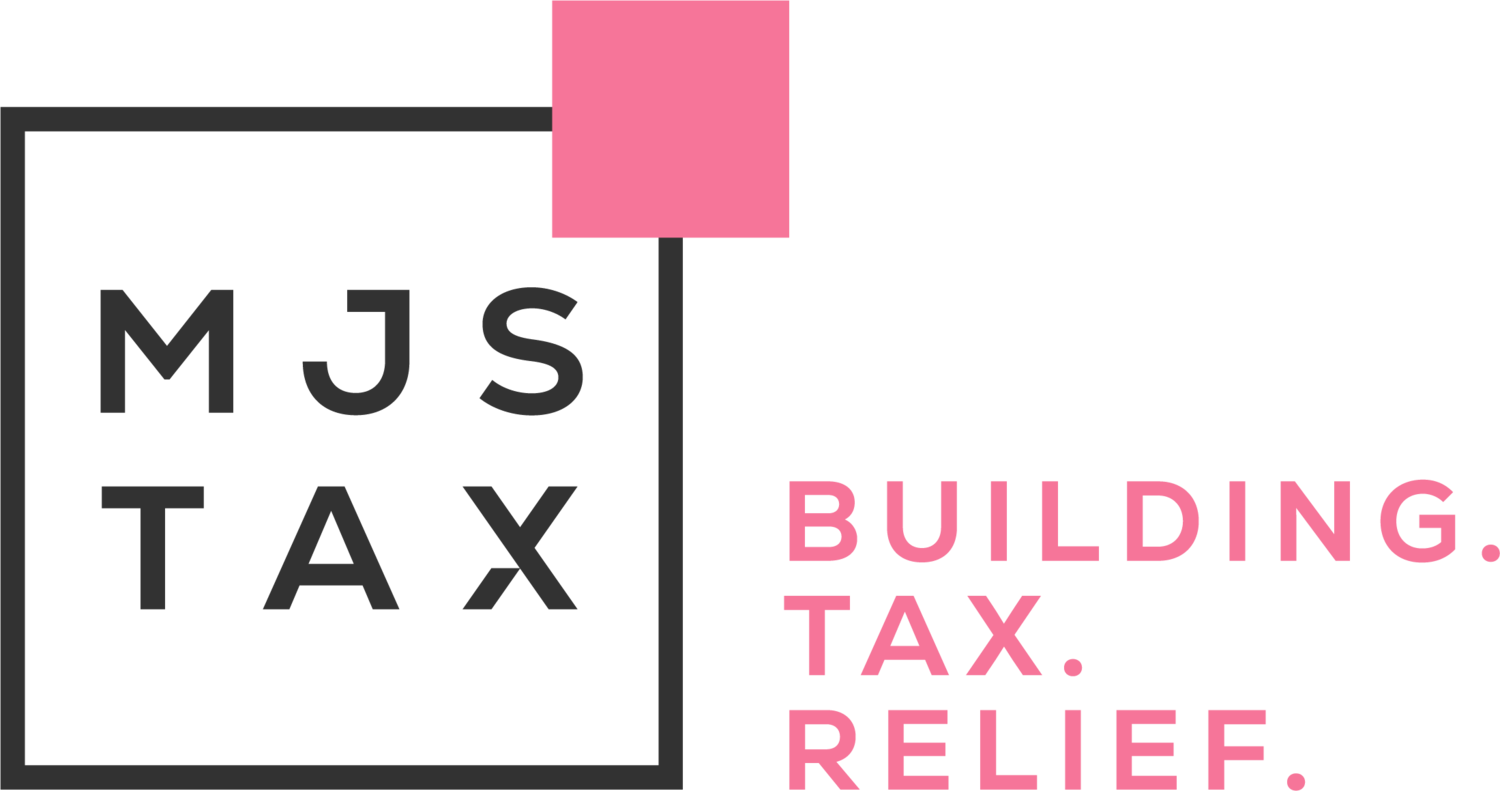Frequently Asked Questions
Capital Allowance, Stamp Duty, Corporation Tax — it’s a complicated world out there. Our experts weigh in on the most frequently asked questions about the ever-changing tax landscape.
+ What are Capital Allowances?
Capital Allowances are a tax deduction you can claim against your taxable profit, for certain qualifying capital expenditure. Capital Allowances cover a wide range of business costs and you can usually claim on assets purchased for your business, including equipment, furniture and fitting, vehicles, and other less tangible costs.
Capital Allowances are claimed on capital expenditure on assets within specified categories, such as 'Plant and Machinery' and 'Structures and Buildings'. At MJS Tax, we specialise in identifying and valuing the Capital Allowances in land and buildings.
Capital Allowances allow you to claim either full or partial value of these expenses as deductibles from your tax liabilities. In short, Capital Allowances allow you to pay less tax on your profits.
+ How do Capital Allowances work?
Once your qualifying expenditure has been identified, the value of the allowances can be claimed in your tax computations.
Capital Allowances reduce your taxable profits, which results in you paying less Corporation or Income Tax on your business or rental income.
The allowances may be fully set off against taxable profits in the first year or written down over time, depending on many factors, including when the expenditure was incurred and how much of it qualifies for Capital Allowances.
+ My accountant deals with my tax: won’t they have already claimed all the Capital Allowances I’m eligible for?
In short, probably not.
Accountants are experts in their field, but Capital Allowances are complicated and ever-changing, meaning that even the best accountants are likely to have missed opportunities for tax relief, especially for capital expenditure on property. Accountants and general tax advisors do not have the in-depth knowledge and expertise that specialists have to maximise your Capital Allowances in properties.
Capital Allowances specialists have skills to maximise your relief, including valuation and quantity surveying, as well as detailed knowledge of the relevant tax legislation, case law, and the latest HMRC and VOA guidance.
+ I purchased my property a long time ago. Can I still benefit from Capital Allowances?
Yes, you can still benefit. There is no time limit on claiming Capital Allowances, meaning that all your historical property transactions and redevelopment and improvement expenditure could be claimed against your current tax liability.
Your most recently submitted tax computation can also be amended and resubmitted to HMRC, leading to a refund of overpaid tax.
Our Historical Expenditure Review conducts a thorough analysis of historic transactions to allow you to claim on Capital Allowances on your historical expenditure.
+ My purchase contract states no allowances are available or contains an election. Can I still benefit?
You probably can.
Purchase contract restrictions only apply to individual assets within the building on which the seller could have claimed. By conducting a forensic analysis of the building’s history and carrying out a thorough survey, we are often able to uncover assets that fall outside of a contract’s restrictions that you would be able to claim on.
A non-specialist or unqualified advisor will miss these overage allowances. Our experts will identify them.
+ Is this tax evasion? Won’t I get in trouble?
We do not support tax evasion. All services conducted by MJS Tax are claiming legitimate Capital Allowances, as per current legislation and guidance given by HM Treasury and HMRC.
By undertaking a forensic and thoroughly detailed investigation, we are able to uncover missed allowance and ensure you pay the right amount of tax.
+ What is Stamp Duty?
Stamp Duty, or Stamp Duty Land Tax (SDLT), is a tax paid on the purchase of most residential and commercial properties and land in England, based on the ‘chargeable consideration’. Similar regulations are in place in Wales (the Land Transaction Tax) and Scotland (the Land and Buildings Transaction Tax).
The amount of Stamp Duty you are required to pay depends on a number of factors, including the intended use of the property and whether it is your first property purchase or not - as well as the value of the transaction. Stamp Duty is payable to HMRC within 14 days of a property or land transaction completion.
Reducing your Stamp Duty liability can take many forms, including multiple dwelling relief (before 1 June 2024), using non-residential and mixed-use rates in place of residential rates, or maximising the value of items included in the transaction that can be considered as neither land nor buildings.
+ Are there any upfront fees to pay for your services?
No. Fees for all our services are only due once our investigations are complete and we have submitted our findings to you.
Our fees are either based on a proportion of the tax we have saved you, or a fully fixed fee. Our fees are always agreed in advance in writing and will not be changed mid-project.
+ How can I be sure you’re providing a professional service?
Our activities are regulated by the Royal Institution of Chartered Surveyors (RICS) and our advisors are regulated by both the RICS and Association of Tax Technicians. We will never condone, encourage or be involved in money laundering or tax evasion.
We are professional experts in the industry, with proven results.
